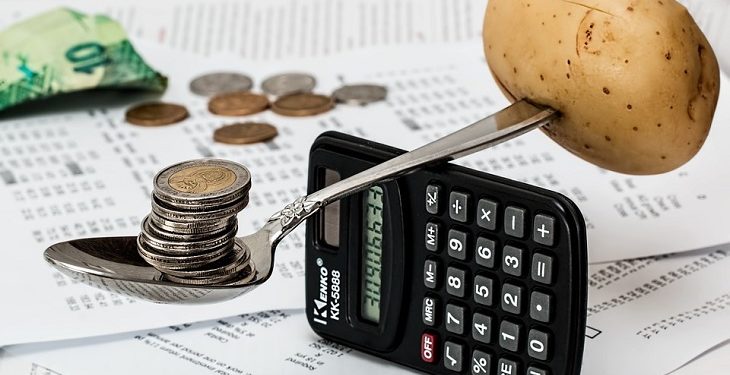Kenya’s inflation rate has been drawing keen attention lately, especially as the government and investors try to steer the country toward stable and sustainable growth. In September 2025, consumer inflation was reported at 4.6 % year on year, slightly up from 4.5 % in August. This rate remains within the Central Bank of Kenya’s target range of 2.5 % to 7.5 %, giving a sense of relative macroeconomic calm.
While “steady inflation” might sound reassuring, the real question for everyday savers and investors is: What does this stability mean for your money?
The Upside: Predictability and lower risk
When inflation stays within a moderate band, it provides a more predictable environment. For depositors, this means that your bank’s interest earnings are less likely to be eroded quickly by runaway prices. For investors in fixed-income or money market instruments, a stable inflation backdrop helps you make better assumptions about real returns (that is, returns after adjusting for inflation).
The Central Bank’s recent move to slightly ease its policy rate also signals confidence in the economy. Lower borrowing costs tend to stimulate business investment and consumer spending, which can further support economic activity.
The Caution: Erosion of real returns and sectoral pressures
However, “steady” doesn’t mean “zero risk.” If your savings or investment yield does not at least outpace inflation, your real purchasing power still declines. For example, if a savings account gives 6 %, but inflation is 4.6 %, your real gain is modest. Many fixed deposits and bonds in Kenya may offer nominal rates that struggle to maintain strong real returns.
Additionally, stability at this level can mask sectoral volatility. Food and energy prices often fluctuate more sharply, and these categories affect household budgets the most. This means that even if the overall inflation rate looks calm, specific expenses may still be rising faster than your income.
What you should do as a saver or investor
-
Aim for inflation beating instruments. Consider money market funds, inflation-indexed securities, or high yield fixed income products that can preserve real value.
-
Diversify your portfolio. Combine cash, equities, and short-term investments to cushion against inflation shocks.
-
Monitor policy and market trends. Central bank decisions and economic reports can offer clues about where interest rates and your returns are headed.
-
Keep costs low. Fees and charges can quietly eat into returns, especially in a steady inflation environment.
Conclusion
Kenya’s moderate inflation rate signals a relatively stable economic backdrop a welcome sign after years of volatility. For savers and investors, this stability creates a window to plan with more confidence. However, preserving and growing wealth still depends on one principle: ensuring your investments consistently outpace inflation while keeping a close eye on market and policy shifts.


















